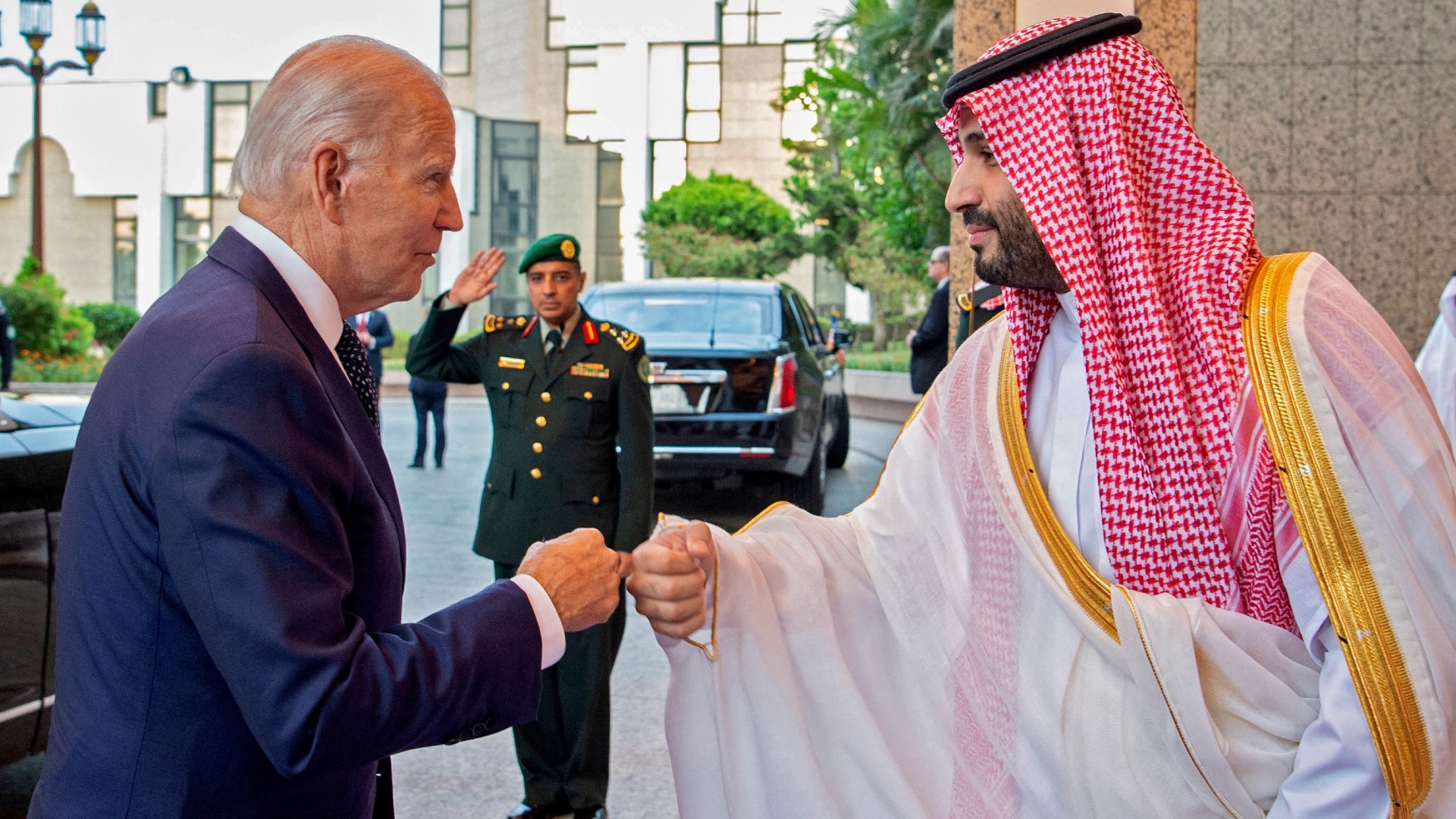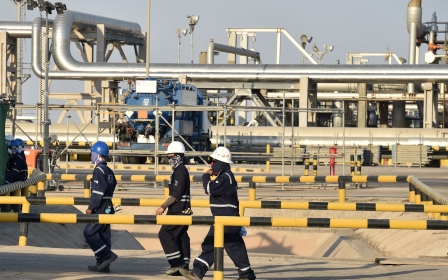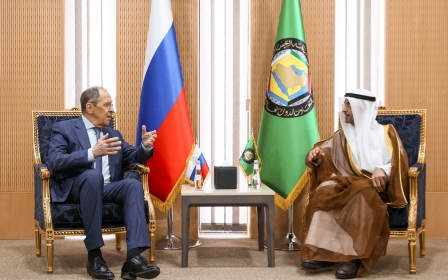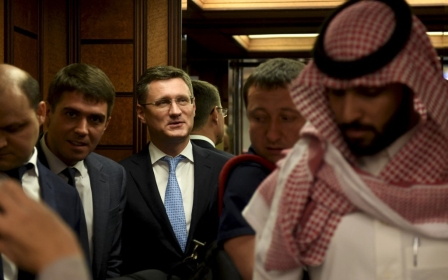Opec set to approve minuscule oil output rise in 'insult' to Biden

Opec is set to raise oil output by a tiny 100,000 barrels per day (bpd) in what analysts described as an insult to US President Joe Biden, after his trip to Saudi Arabia last month to persuade the organisation's leader to pump more to help the US and global economy.
The increase, equivalent to 86 seconds of global oil demand, comes after weeks of speculation that Biden's trip to the Middle East and Washington's clearance of defensive missiles sales to Riyadh and the United Arab Emirates (UAE) would bring in more oil.
A document from Opec+, which comprises the Organisation of Petroleum Exporting Countries and other producer nations, including Russia, showed the group was set to raise output by 100,000 bpd from September. Two sources said it has been effectively rubber-stamped by a closed-door meeting.
"That is so little as to be meaningless," Raad Alkadiri, managing director for energy, climate and sustainability at Eurasia Group, told Reuters. "From a physical standpoint it is a marginal blip. As a political gesture it is almost insulting."
Opec and its allies have been previously increasing production by about 430,000-650,000 bpd a month, although they have struggled to meet full targets, as most members have already exhausted their output potential.
New MEE newsletter: Jerusalem Dispatch
Sign up to get the latest insights and analysis on Israel-Palestine, alongside Turkey Unpacked and other MEE newsletters
The United States has put Opec leaders Saudi Arabia and the UAE under pressure to pump more oil, to help rein in prices boosted by rebounding demand and Moscow's invasion of Ukraine.
US and western sanctions on Russia have caused prices of all types of energy to soar, resulting in inflation reaching its heighest in decades and central bank interest rate hikes.
Biden betrayal
Biden travelled to Riyadh last month to mend ties with Saudi Arabia, which collapsed after the murder of the former Washington Post and Middle East Eye columnist Jamal Khashoggi four years ago.
US inflation hit a 40-year high this year and threatens Biden's approval ratings, unless gasoline prices fall.
Rights groups and Saudi Arabian activists and dissidents lambasted the president's trip, saying they felt betrayed, as Biden had previously promised to hold Saudi Arabia responsible for human rights abuses.
Saudi de-facto ruler Crown Prince Mohammed bin Salman, whom western intelligence accused of being behind the Khashoggi murder - which he denies - also travelled to France last month as part of efforts to rebuild ties with the West.
On Tuesday, Washington approved $5.3bn worth of defensive missile sales to the UAE and Saudi Arabia but it has yet to roll back on its offensive weapon sales ban to Riyadh.
Opec has refused to switch to bigger output increases, as group sources have cited a lack of spare capacity among members to add more barrels, as well as the need for further cooperation with Russia as part of the wider Opec+ group.
Benchmark Brent oil futures jumped by around $3 per barrel on Opec's decision on Wednesday, trading close to $102 per barrel.
By September, Opec+ was meant to have reversed all of the record production cuts it implemented in 2020, after the pandemic slashed demand. By June, however, Opec+ was almost 3 million barrels per day below its quotas, as sanctions on some members and low investment by others crippled its ability to boost output. Only Saudi Arabia and the UAE are believed to have some spare capacity left to increase production.
French President Emmanuel Macron has said he had been told that Saudi Arabia and the UAE had very limited ability to increase oil production.
Middle East Eye delivers independent and unrivalled coverage and analysis of the Middle East, North Africa and beyond. To learn more about republishing this content and the associated fees, please fill out this form. More about MEE can be found here.




